20 Hebrew Slang Expressions You Need to Know
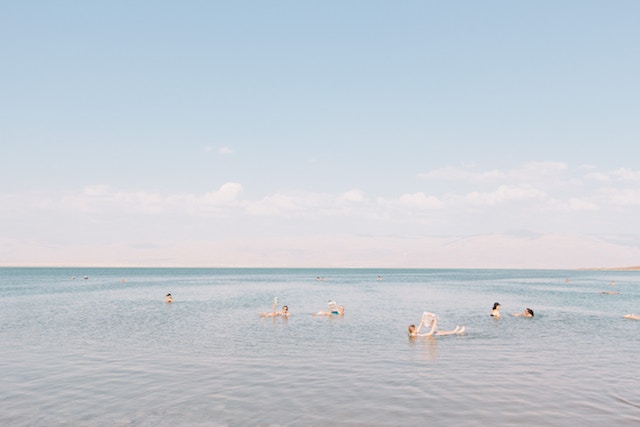
Traveling or moving to a foreign country is scary in and of itself, but add in a language barrier and simple tasks like going to the grocery store, ordering food in a restaurant, or hailing a cab become a lot more stressful. After living in Israel for six months, I have picked up some common expressions that are used daily, and that allow me to get by in the city.
I know how to ask for the price of apples, tell the waiter I want my sandwich without tomatoes, or give a cab driver directions. Knowing some conversational Hebrew makes day-to-day tasks a little less daunting.
However, I realized that I lacked a major component of everyday speech. I can ask an Israeli on the street where the bus to Rabin Square is or what time it is, but I don’t understand Hebrew slang. I know a few words that almost everyone who has been on Birthright knows, but I don’t know common expressions.
The cool thing about Hebrew slang is that some expressions commonly used today date back to the revitalization of the language and are a mixture of Hebrew, Yiddish, Arabic, and English. Understanding slang has now become crucial to speaking any language.

- Molly in Israel.
Here are 20 essential Hebrew slang expressions you’ll need to get by in Israel:
The Hebrew slang you learned on you trip to Israel:
1. Sababa
One of my personal favorites. It means great, cool, alright, or any other variation. It can be used to show enthusiasm or happiness about a situation.
Ex. “We are leaving for the concert at 9:00 pm.”
“Sababa!”
2. Balagan
Simply a mess, when there is no order and seemingly endless chaos. It can refer to a traffic jam on the highway, a long line at the supermarket, or a busy classroom.
Ex. Israeli classrooms are a balagan when the students are running around and not listening.
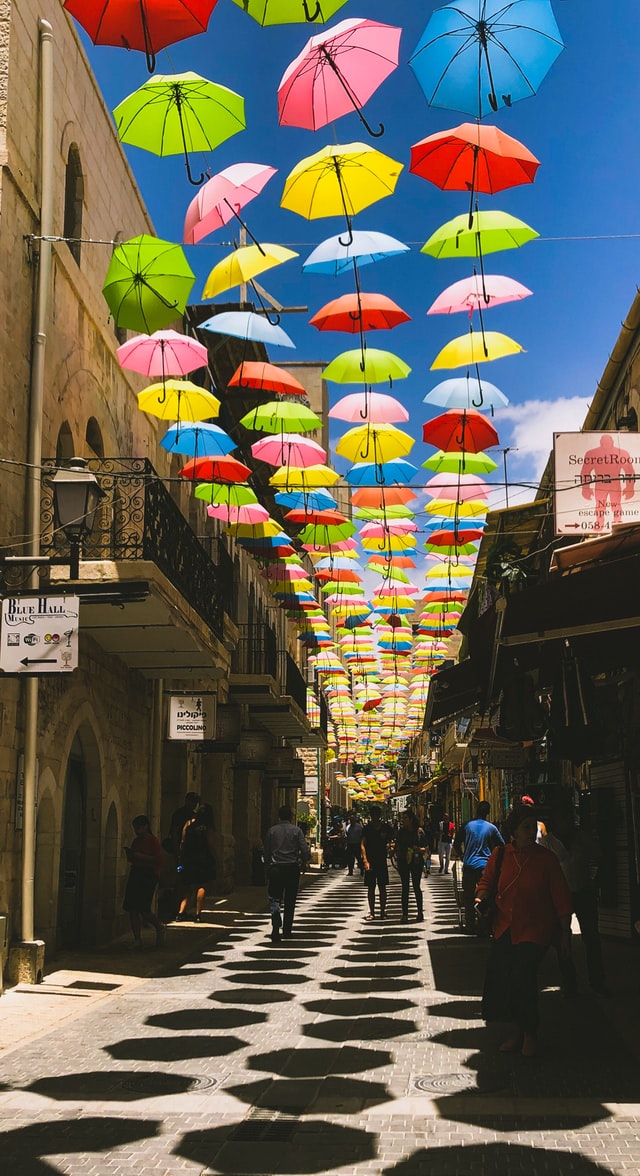
3. Yalla
“Let’s go” or “come on!” Derives from Arabic. It is used in daily language to express one’s desire to get people moving.
Ex. Yalla! Get dressed or we’ll be late for the movie.
4. Arsim
If there was an Israeli version of the Jersey Shore, then the Snookis and Vinnys on that show would be called arsim. Well, technically the Snookis would be frechot (the female version). Many people believe this term is discriminatory. No example so as not to offend anyone.
5. Achi
My bro, my dude, my brother. The female equivalent is achoti, which means my girl or my sister.
Ex. I’m going to the mall with achi.

6. Yesh!
Yes! Woohoo! Pretty self explanatory.
Ex. Yesh! I just won a million shekels!
Sign up for a FREE online writing workshop here.
7. Ma nishma?
Literally means “what will we hear?” but when used as slang it means, “what’s up?” Anytime you here ma nishma in Israel it means, “what’s up?” I’ve never heard it used as its literal meaning.
Ex. “Ma nishma?”
“Everything’s good.”
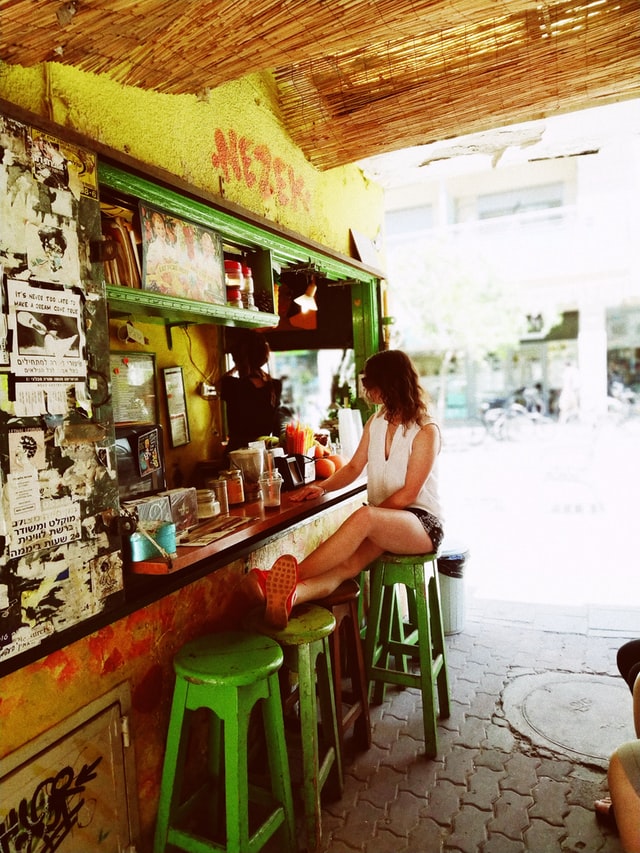
8. Achla / Magniv
Both mean cool. Achla is more common and, in my opinion, cooler than saying magniv, no pun intended. I’ve been told magniv is kind of out of date.
Ex. “Look at this leather motorcycle coat I bought.”
“Magniv,”
or
“I reserved us a table at the club for Thursday.”
“Achla!”
The double-meaning Hebrew slang:
9. Al ha-panim
Literal: On the face
Slang: Really bad
Ex. That soup was way too salty, it was al ha-panim.

10. Eize seret
Literal: Which movie
Slang: When you want to express something crazy that happened to you; you won’t believe this story or you won’t believe what happened to me today.
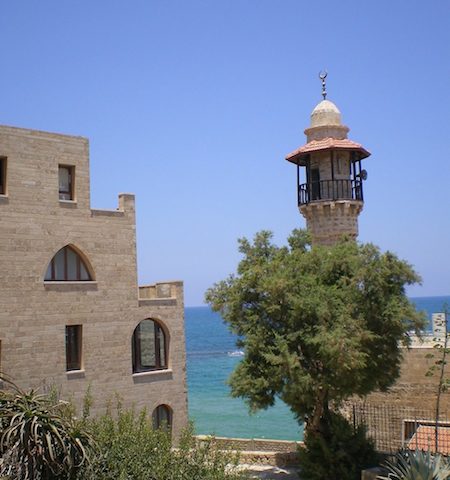
20 Hebrew Slang Expressions You Need to Know
11. Haval al hazman
Literal: Waste of time
Slang: Means something good, or the best thing ever. Usually adds emphasis to a sentence.
Ex. “We raised so much money for our charity, haval al hazman!”
12. Pitzootz
Literal: Explosion
Slang: Awesome, cool
13. Esh
Literal: Fire
Slang: Awesome
14. Sof haderech
Literal: End of the road
Slang: Really good, super
15. Tzfoni
Literal: North or northern
Slang: A snobby, rich person
16. Chetzi co-ach
Literal: Half strength, half power
Slang: Not that good
Ex. “That movie was chetzi co-ach.”
17. Shechuna
Literal: Neighborhood
Slang: Unorganized
18. Mi is-mah?
Literal: Who will hear?
Slang: Not a big deal
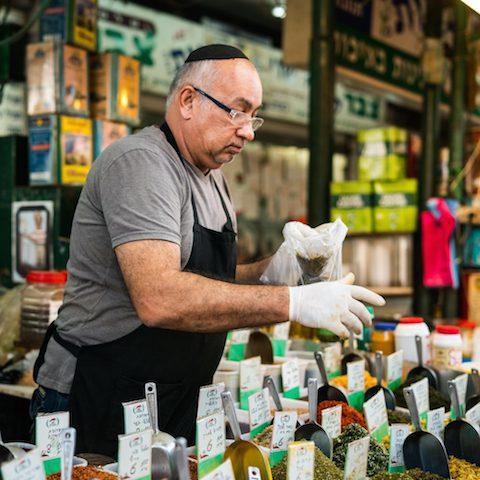
20 Hebrew Slang Expressions You Need to Know.
Slightly Different than American Slang Expressions
19. Lo ha-eparon ha-chi chad be-kalmar
This expression literally means “not the sharpest pencil in the pencil case.” When used as slang it means that someone is not the smartest or has done something stupid. It can obviously be compared to the common English phrase, “Not the sharpest tool in the shed.”
20. Ma ani, ez?
Means “What am I, a goat?” Usually used to express frustration or anger in certain social settings in order to protest unfair treatment, such as being ignored or treated like a loser. It can be compared to the expression used by many American Jews, “What am I, chopped liver?”
Trust me, knowing some of these slang words will definitely make you feel achla.
Using these expressions on the streets in Israel helps me feel less like a tourist and more like a member of the community. It’s fun to walk down the street, hear these words, and understand them. Trust me, knowing some of these slang words will definitely make you feel achla.
20 Hebrew Slang Expressions You Need to Know
Related Reading
Health, Safety and Relationships in Israel: Jenna’s Tips
Have you traveled to Israel? Are there any Hebrew slang expressions you would add to this list? Email us at [email protected] for information about sharing your experience and advice with the Pink Pangea community. We can’t wait to hear from you.
20 Hebrew Slang Expressions You Need to Know photo credits: unsplash.com, pixabay.com and Molly Winik.






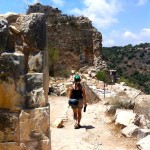


shalom…were do you take the picture of the graffiti?…
and also
-“Beseder”…it works for everything :ok, cool, good, fine…
I took the photo in Neve Tzedek near the old train station!
‘Balagan’ can also mean ‘Party’, I think I only heard it in a lets party meaning or ‘Yalla Balagan’.
“Yalla balagan!” Would translate to something on the line of “Let’s make a mess”, like a call to go wild and make a big mess, but yes it is mostly said in the context of “Let’s party!”.
Balagan comes from Persian and means Balcony. Apparently, balconies were always messy (used for storage) in Persia. I’ve seen some pretty messy ones here two.
http://he.wikipedia.org/wiki/%D7%91%D7%9C%D7%92%D7%9F
Sababa!
A couple of fixes on the terms:
“Ma nishma?” actually translates as “what’s heard?”. It’s in the “nif’al” form of the word, which would be spelled the same as the first-person plural “we will hear”.
Translated half-colloquially and half-literally, could be akin to “heard anything new?”.
“Eize seret” – you can attach “eize” (literally: “which” or “what a…”) to almost any noun. Used colloquially in exclamation as in: “what a day!” or “what a party!”.
“Mi is-mah?” – should be transliterated as “Mi yishma?”.
—–
A couple more phrases you could attach are:
“Chai b’seret” – literally “lives in a movie”, the subject of this term is ostensibly delusional or dreaming.
“Ah-lahn” – Arabic for “what’s up?”.
“Mi’toraf” – literally “crazy”, used as such. Can be used positively or negatively (more often positively): “that party was CRAZY!” or “that plan is nuts!”.